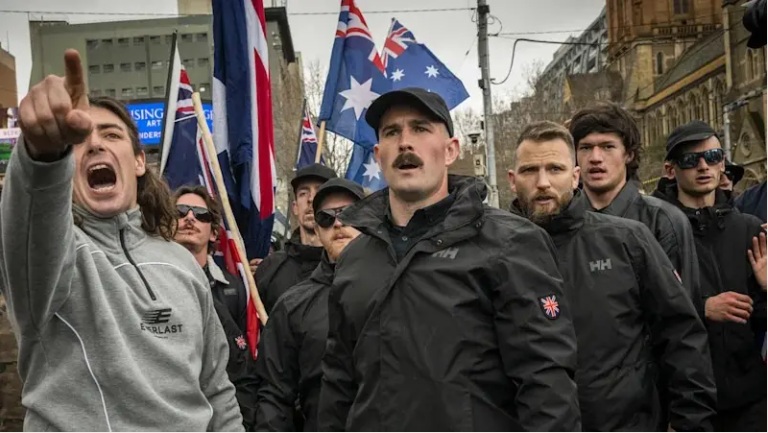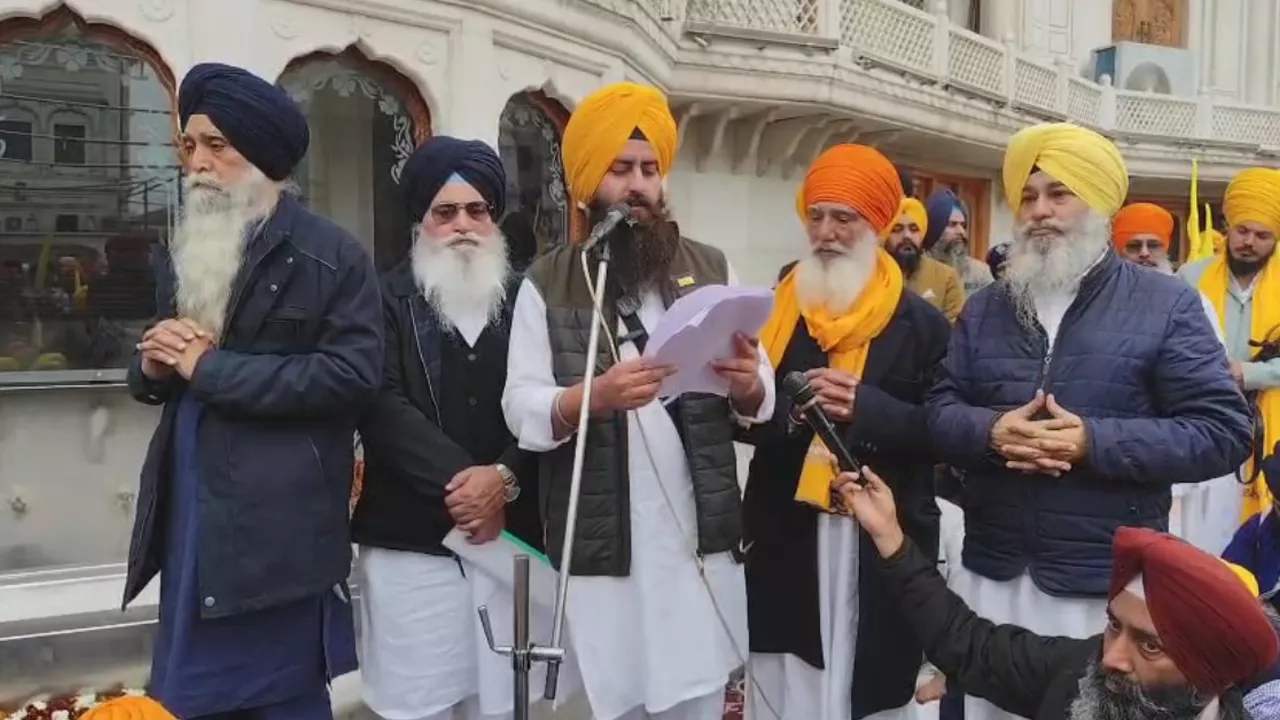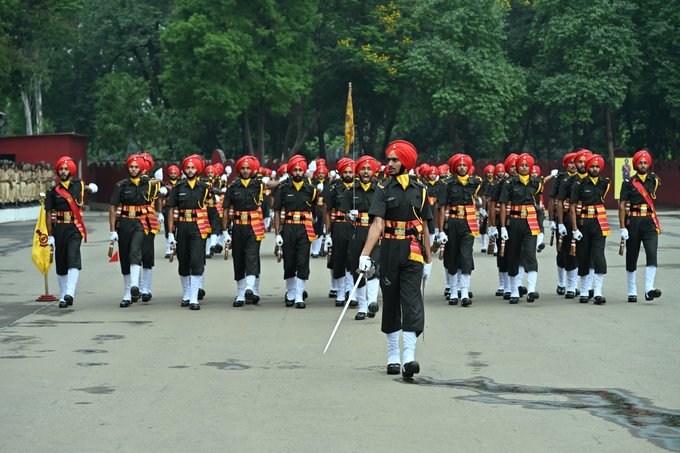On 2 Sep, the Indian Union Ministry of Home Affairs said that members of minority communities from Afghanistan, Bangladesh and Pakistan—Hindus, Sikhs, Buddhists, Jains, Parsis, and Christians—who came to India until 31 Dec 2024 to escape religious persecution will be allowed to stay in the country without a passport or other travel documents. However, they will not be granted automatic citizenship. The order is among many issued by the ministry with regard to the recently passed Immigration and Foreigners Act, 2025, which came into effect from 1 Sep. This comes as a relief for the minorities from aforesaid countries as the Citizenship Amendment Act, which came into force last year, applied only to those who came to India on or before 31 Dec 2014 for eligibility to acquire citizenship. The citizens of Nepal and Bhutan entering India by land or air from the two neighbouring countries will also not be required to furnish a passport or visa, as earlier. The changes still do not include Muslims who too might be prosecuted in neighboring countries. Meanwhile, on 31 Aug, thousands of Australians turned out for anti-immigration rallies across the country that were condemned by the government as having far-right links and 'spreading hate'. March for Australia rallies took place in Sydney, Melbourne, and other major cities—with several clashes taking place as marchers were met with counter demonstrations. According to the Australian government, at the end of June 2023, 845,800 Indian-born people were living in Australia. According to the Australian Bureau of Statistics 2021 Census, there were 239,033 people in Australia who spoke Panjabi. Concurrently, recently introduced New Zealand visa rules bring in changes to the way the police clearance certificates are to be obtained by Indian applicants. From 1 Dec 2025, Immigration New Zealand will only accept police clearance certificates issued by a Regional Passport Office of the Indian Ministry of External Affairs. Earlier, Indian visa applicants, including from Panjab, were allowed to provide police clearance certificates from the office of a Deputy Commissioner or Superintendent of Police, or from their local police station (earlier coverage).


Like what you're reading? Subscribe to our top stories.
Liv Forum provides a digest of analysis on major issues facing Indian (East) Panjab and Sikhs globally.
In accordance with our Privacy Policy, we will never share or sell the information of our subscribers.






